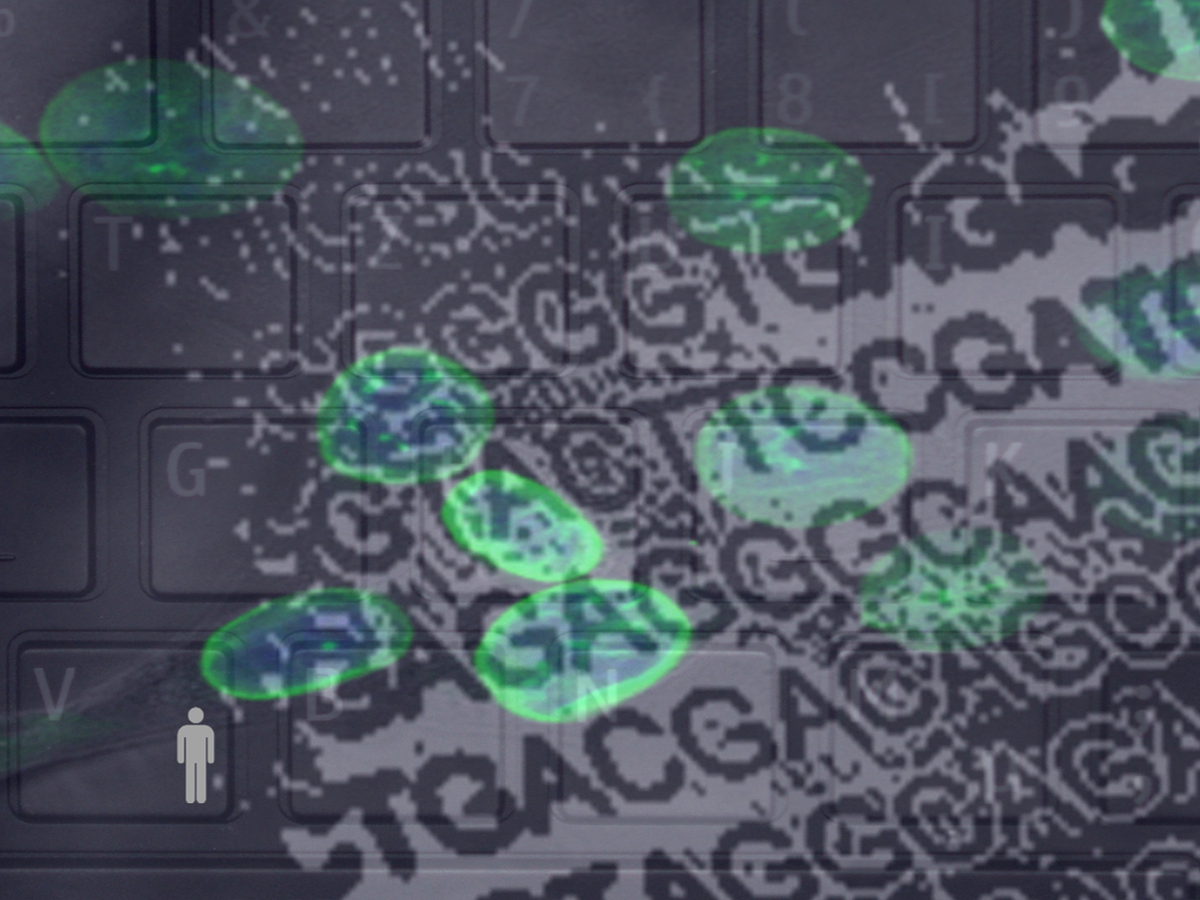Policy brief: AI, genomics, and medicine
The interplay of artificial intelligence with genomics and genomic medicine has great potential: besides basic research into possible disease causes and mechanisms, it can be used to develop drugs, for more differentiated disease diagnosis, but also to predict disease risks and therapeutic options.
However, realizing this potential faces a number of challenges, state the authors of a policy brief from ITAS and Fraunhofer ISI, who worked together on the “Deepen Genomics” project. In particular, there is a lack of research and data infrastructures to generate large volumes of high-quality genomic and health data and to share them as widely and securely as possible, including across borders. Another issue that remains unresolved is how to take appropriate account of socio-cultural and ethical aspects – for example, with regard to trust of users in AI systems or the protection of particularly sensitive data.
Strategy process with stakeholders
To address these challenges against the backdrop of strong global competition, the researchers suggest a stakeholder-based strategic process. This should reflect the positioning in Germany and Europe and initiate necessary new measures. In the scientists’ view, these include in particular the establishment of large and diverse genome data and biobank initiatives. They also recommend promoting research to verify the accuracy and utility of AI-based diagnoses and predictions of disease causes and therapies as well as developing concrete guidelines for research and companies on how to deal with complex regulations. Moreover, the researchers suggest organizing a broad societal discourse. (09.04.2021)
Further links and information:
- Deepen Genomics project
- Policy brief: Künstliche Intelligenz in der genomischen Medizin –Potenziale und Handlungsbedarf (Artificial intelligence in genomic medicine – potential and need for action)


